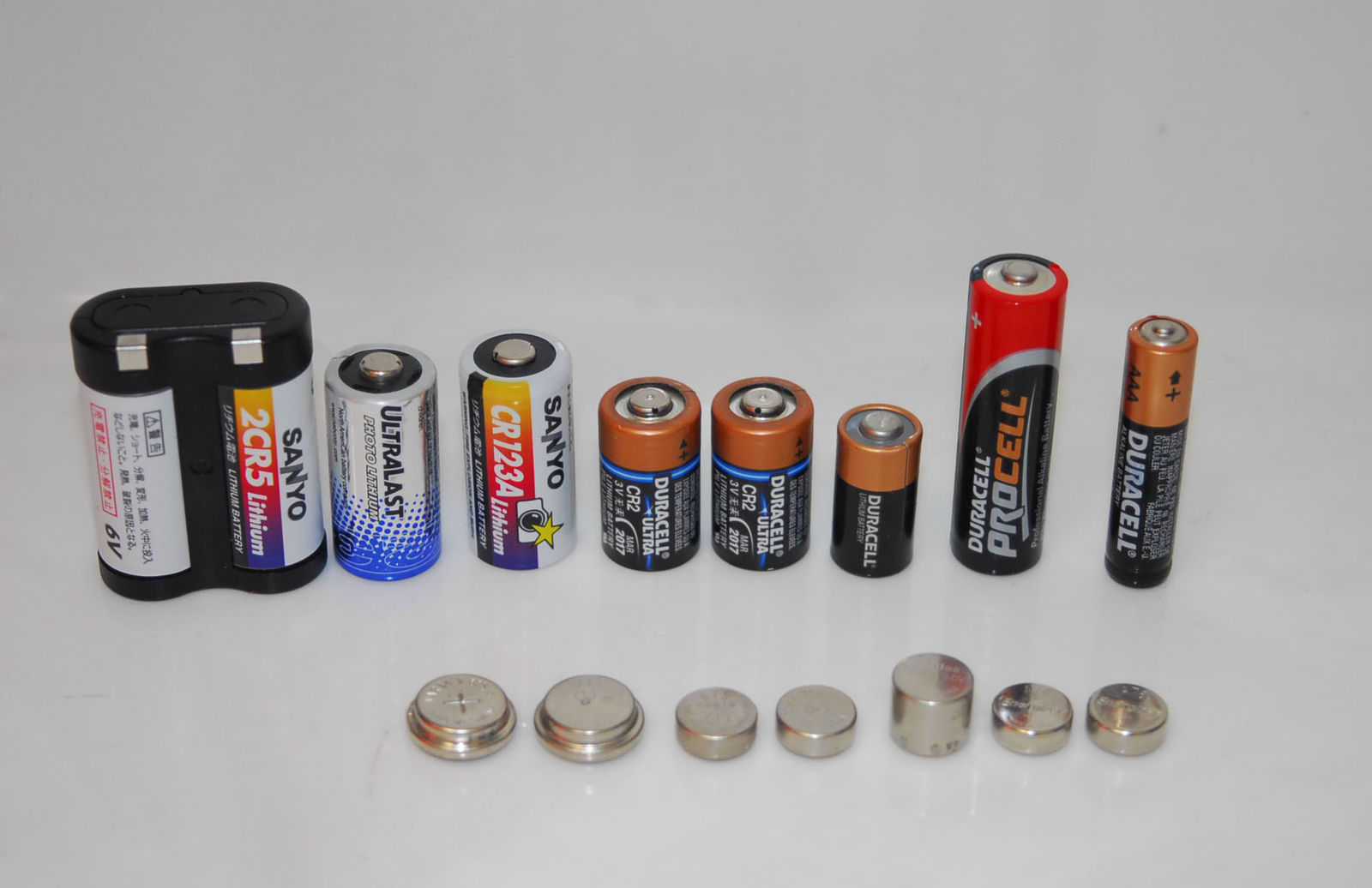Why shouldn't batteries be thrown in the trash?
There are many things in our house that run on batteries. Many people use dozens of them and, after they have served their purpose, they quietly throw them in the trash. Experts say that this is strictly forbidden, since batteries are not ordinary waste. They contain a huge amount of heavy metals that threaten human health and the preservation of the planet’s ecosystem as a whole. Let's figure out if this is so.
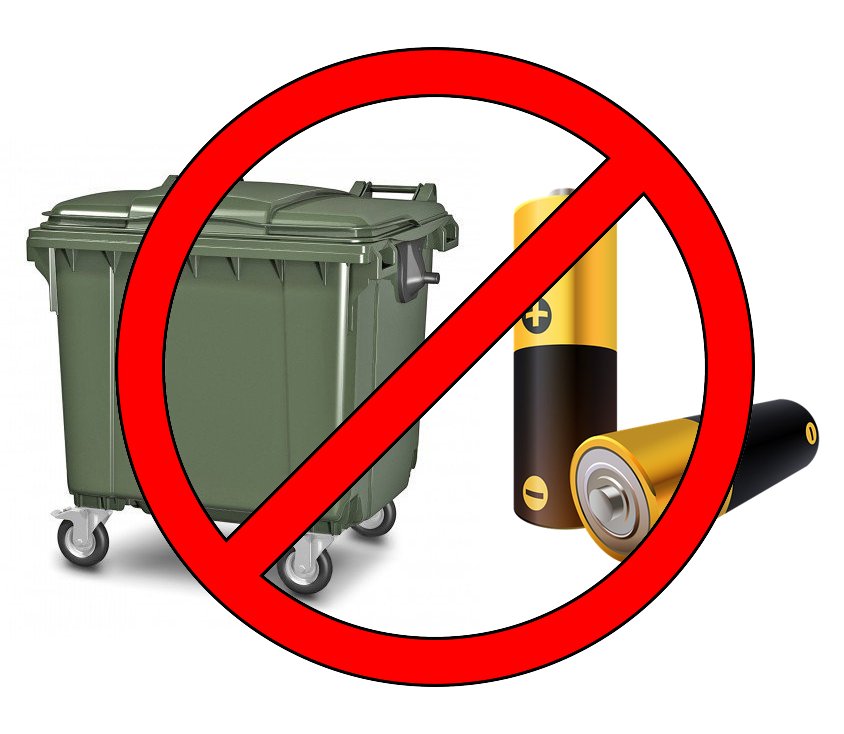
The content of the article
Types and composition of batteries
In its normal state, the battery does not cause any harm to humans and the environment. But, having served its term, it is often sent to the trash can, and then to a landfill. There, a dangerous small object decomposes for years, and all the harmful substances come out.
Important! One battery contains lead, mercury, manganese, cadmium, and alkalis. Once in the environment, they very quickly appear in the water and food that we consume daily.
By the way, the term “battery” can hardly be found in technical literature.
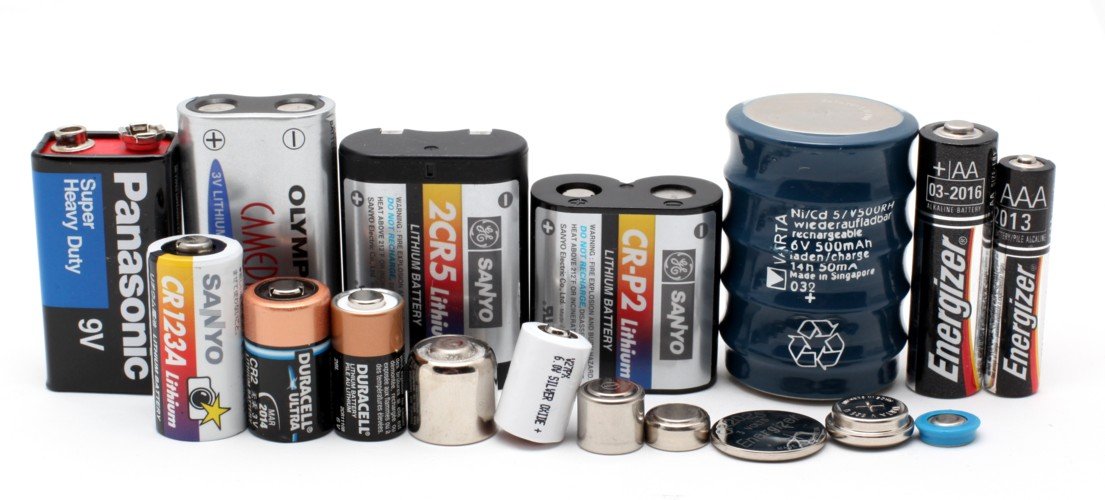
Experts are accustomed to calling this small battery an accumulator or battery. There are several varieties:
- alkaline;
- lithium;
- saline;
- silver oxide;
- zinc air.
We use all these types in common household items. For example, in clock mechanisms, including wristwatches, as well as in TV remote controls, children's toys and razors. The zinc air type is used to operate hearing aids.
Why are batteries in the trash dangerous?
Few people think about what happens to a small battery after it ends up in a landfill. Everyone believes that it rots there quietly and does no harm. In fact, the scale of the disaster is very large, since a decaying battery is a real time bomb.
The battery consists of a mixture of heavy metals and a protective metal layer that protects us and the environment from the harmful effects of the elements. Once in the trash, this iron capsule is subject to numerous mechanical damage and corrosion.
Harm to health

As a result, heavy metals are released and enter the soil. Subsequently, harmful substances enter groundwater. And then they spread throughout all the rivers, lakes, and end up in the ocean. As a result, the metal enters drinking water and human food through vegetables and fruits grown on the ground. Poisoning of the body occurs, unnoticed at first, and later turns into terrible conditions and disruptions in the functioning of all systems.
For example, mercury in a battery is converted over time into methylmercury and enters the human body. As it accumulates, it leads to the death of the kidneys and blocking the functioning of the renal system.
Lead can quickly cause nervous system disorders and negatively affect brain function. Under the influence of harmful substances, a person also very quickly loses hearing and vision.
Important! One small battery can poison more than 400 liters of water. And when burned, a poisonous gas is released that can spread for many kilometers around.
Harm to the environment
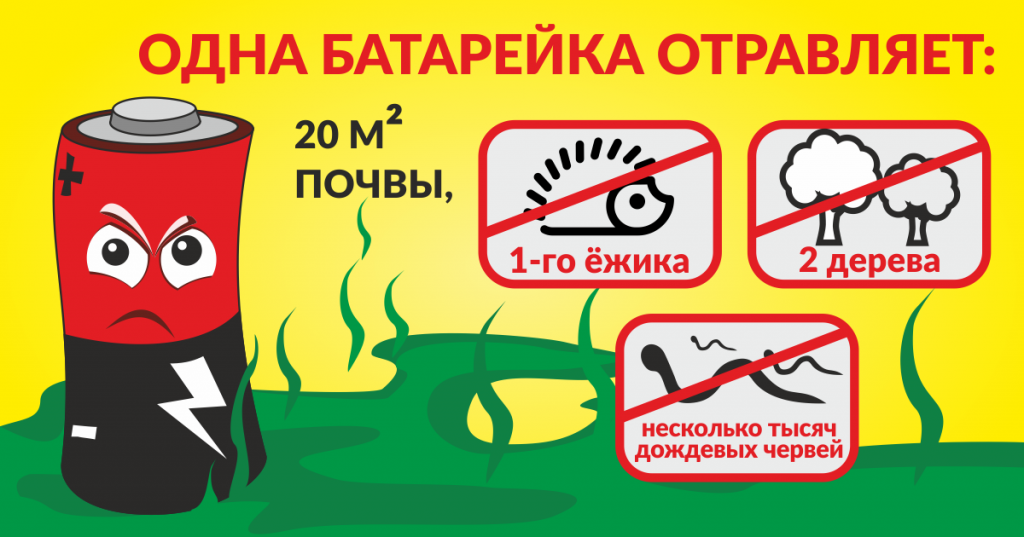
Nature also suffers greatly from exposure to aggressive metals.
The surrounding bodies of water and land, as well as animals, birds and even microorganisms, are carriers and themselves are also poisoned by harmful substances. The air becomes unsuitable for inhalation by living organisms.
How to properly dispose of batteries
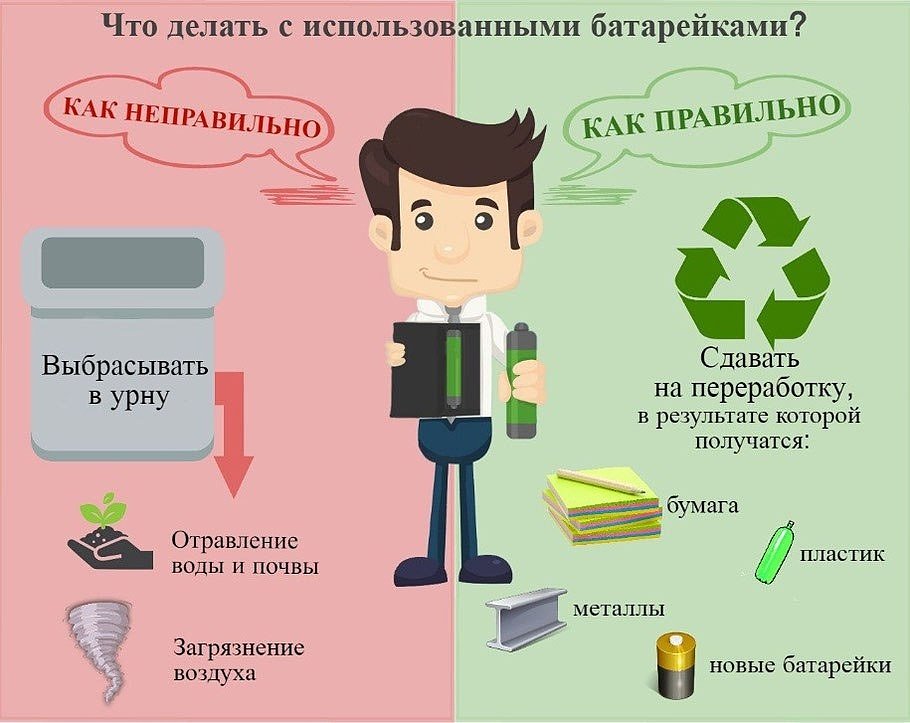
Once the scale of the problem becomes clear, the question arises of how to properly dispose of used batteries. In most developed countries, this process is streamlined and used batteries are recycled. It is quite expensive and labor-intensive, so not all states can afford it.
Important! In some countries, throwing batteries in the trash can is punishable by law.
Collect separately
In our country, people are not very responsible about their health and the environment in general. Therefore, most often the batteries are simply thrown into the trash. However, in recent years, a positive trend has emerged: many citizens have begun to collect used batteries. But again the question arises of where to hand them over so that they do not end up in a landfill.
Hand over for recycling
In European countries and the USA, residents hand over batteries to special boxes installed in almost all major markets. In addition, stores are punished with large fines if such a box was not installed on time. Later, the collected used batteries are recycled.
In Russia today there are processing enterprises that engage in this expensive process.However, due to insufficient awareness of citizens, it is not always possible to collect the required amount of material to start the recycling process.
In large cities there are boxes in large stores and shopping centers where people can donate batteries.
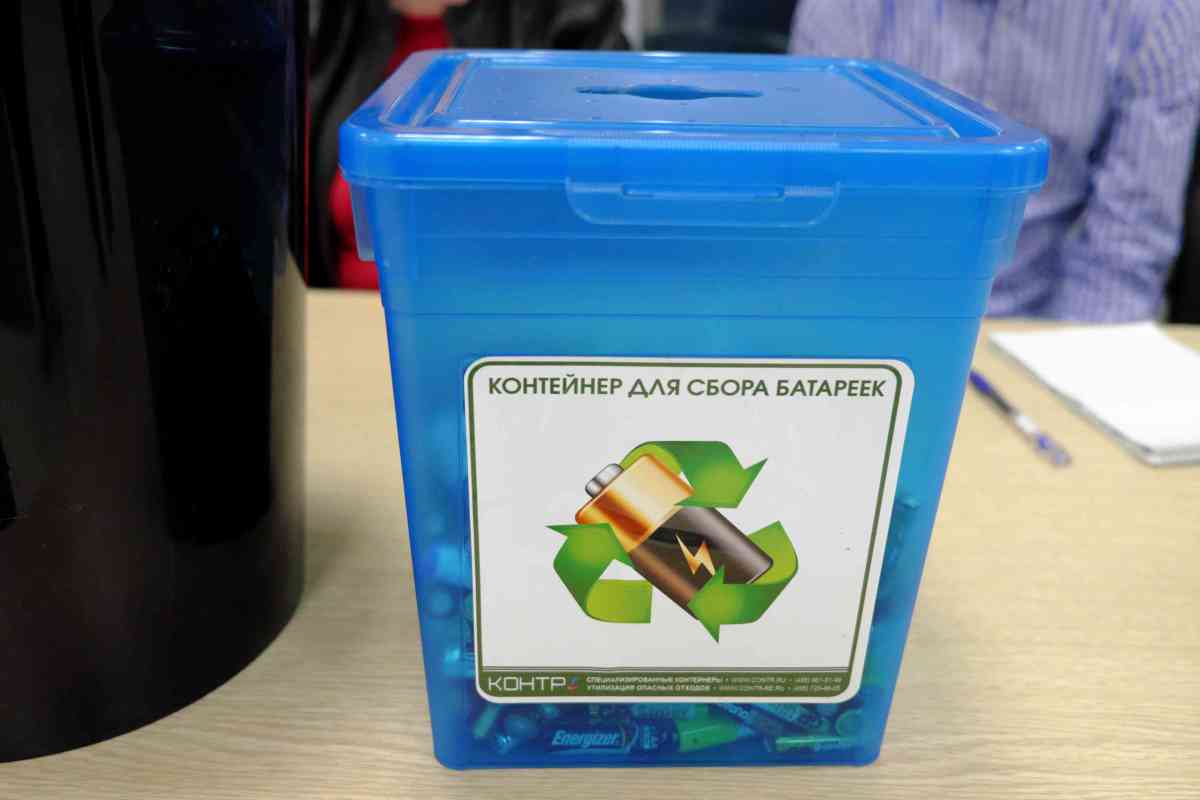
Of course, you will have to work a little: find out on the Internet who collects old batteries in your locality. But remember what danger you will protect yourself and your loved ones from! It's worth it, isn't it?





